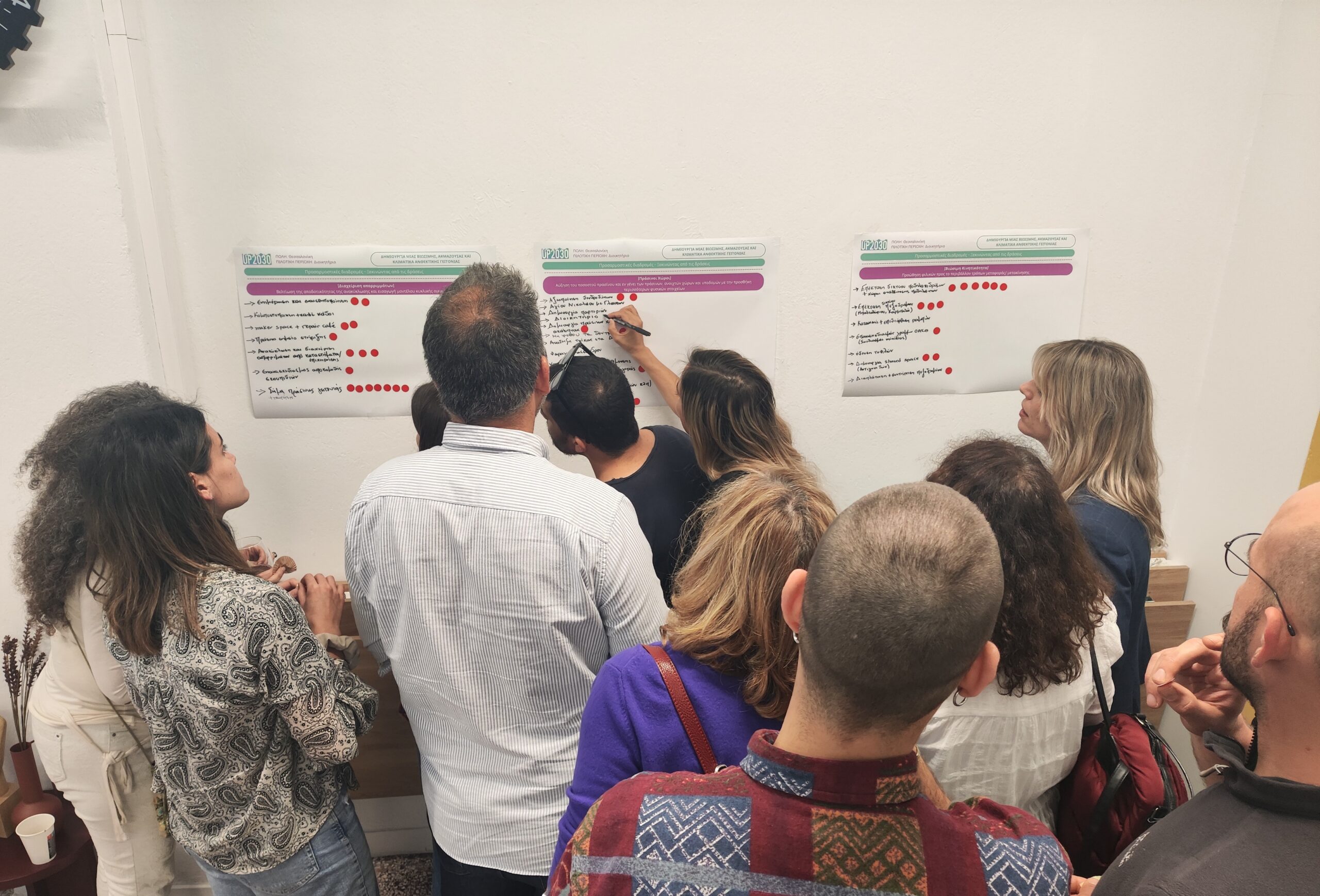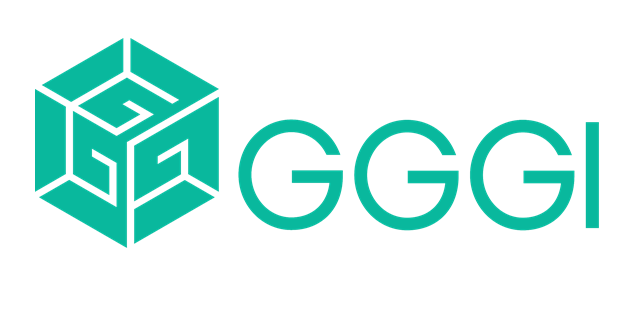Thessaloniki is developing a District Climate Action Plan (DCAP) to transform the Dioikitirion neighborhood into a climate-resilient, inclusive, and vibrant urban area, aligned with its 2030 climate neutrality goals.
The UP2030 Thessaloniki pilot centres on the development of the District Climate Action Plan (DCAP) for the Dioikitirion neighbourhood, creating a model for climate-resilient, inclusive, and affordable urban transformation. This localised action plan supports the city’s broader Climate City Contract (CCC) and its goal to achieve climate neutrality by 2030.
As part of the EU-funded UP2030 project, Thessaloniki is advancing its Climate Action Plan (DCAP) for the Dioikitirion district - a historically significant yet socially and environmentally challenged neighborhood on the western edge of the city center. The DCAP aims to become a replicable model of just, green, and climate-neutral urban transformation that supports the city’s overarching commitment under the Climate City Contract (CCC) and the EU Mission for 100 Climate-Neutral and Smart Cities.
A cornerstone of DCAP is its co-creation approach: local stakeholders—residents, shop owners, and civil society- have actively participated in identifying needs, shaping strategies, and selecting interventions through workshops and mapping sessions. The result is a people-centered plan that reflects community priorities and builds collective ownership of the climate transition.
Dioikitirion, selected as Thessaloniki’s pilot area, is being reimagined as a neighborhood-scale climate prototype, integrating data-driven planning tools. The goal is not only to mitigate emissions and adapt to climate risks but also to inspire a new, community-led model for sustainable urban living.

Local residents, small business owners, students, civil society groups, urban planners, and municipal decision-makers engaged in sustainable urban regeneration and climate action.
Impact and Long Term Vision
Thessaloniki’s DCAP for Dioikitirion serves as a living prototype for climate-neutral neighborhoods, helping the city move decisively toward climate neutrality by 2030. Through strategies that promote energy efficiency, green mobility, and inclusive urban design, the plan builds long-term urban resilience and enhances the well-being of current and future generations.
- Major Development Agency Thessaloniki (MDAT)
- Urban Climate Change Research Network (UCCRN) (UDCW Toolkit)
- DRAXIS (Decision Support System)
- Global Green Growth Institute (GGGI)
- Centre for Research & Technology Hellas (CERTH) (Urban GEM Model)
- Vrije Universiteit Brussel (VUB)
- Centre for Research & Technology Hellas (CERTH) (Neutrality Story Maps)

Leading stakeholder engagement, spatial analysis, and co-design methodology.

Delivering simulation-based planning for adaptation and mitigation scenarios.

Providing geospatial intelligence on housing, energy, and demographics.

Assessing green economic pathways and affordability solutions.

Assessing green economic pathways and affordability solutions.

Empowering community storytelling and enhancing climate literacy.

Empowering community storytelling and enhancing climate literacy.


